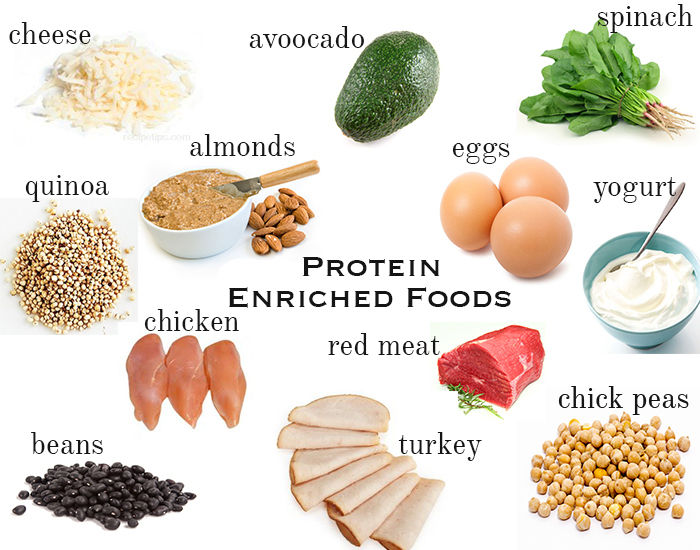1. Protein is the most satiating macronutrient, meaning it helps you feel fuller for longer. This can reduce overall calorie intake by decreasing hunger and the likelihood of snacking between meals.
2. Protein has a higher thermic effect of food (TEF) compared to carbohydrates and fats. This means that the body uses more energy or calories to digest, absorb, and metabolize protein, contributing to an increased calorie burn.
3. During weight loss, it's crucial to preserve lean muscle mass. Adequate protein intake supports muscle maintenance and repair, which is important because muscle tissue burns more calories at rest than fat tissue.
4. Higher protein intake can help maintain or even boost metabolic rate. Muscle mass contributes to a higher resting metabolic rate, so preserving muscle during weight loss helps sustain a higher metabolism.
5. Protein can help reduce cravings and the desire for late-night snacking. By stabilizing blood sugar levels and promoting satiety, protein intake can help manage food cravings and reduce impulsive eating.
6. Protein intake influences the release of hormones that regulate hunger and fullness, and favor of weight loss.
7. Higher protein intake can lead to a better body composition by increasing lean muscle mass. This can result in a more toned and healthier appearance.
8. Adequate protein is essential for supporting physical activity, such as resistance training. Exercise is a key component of a weight loss program, and protein helps repair and build muscles after workouts.
For effective weight loss, aim for about 20-30 grams of protein per meal. Incorporating a variety of protein sources, including lean meats, dairy, legumes, nuts, seeds, and plant-based proteins, can help meet your goals.

.png)
Comments